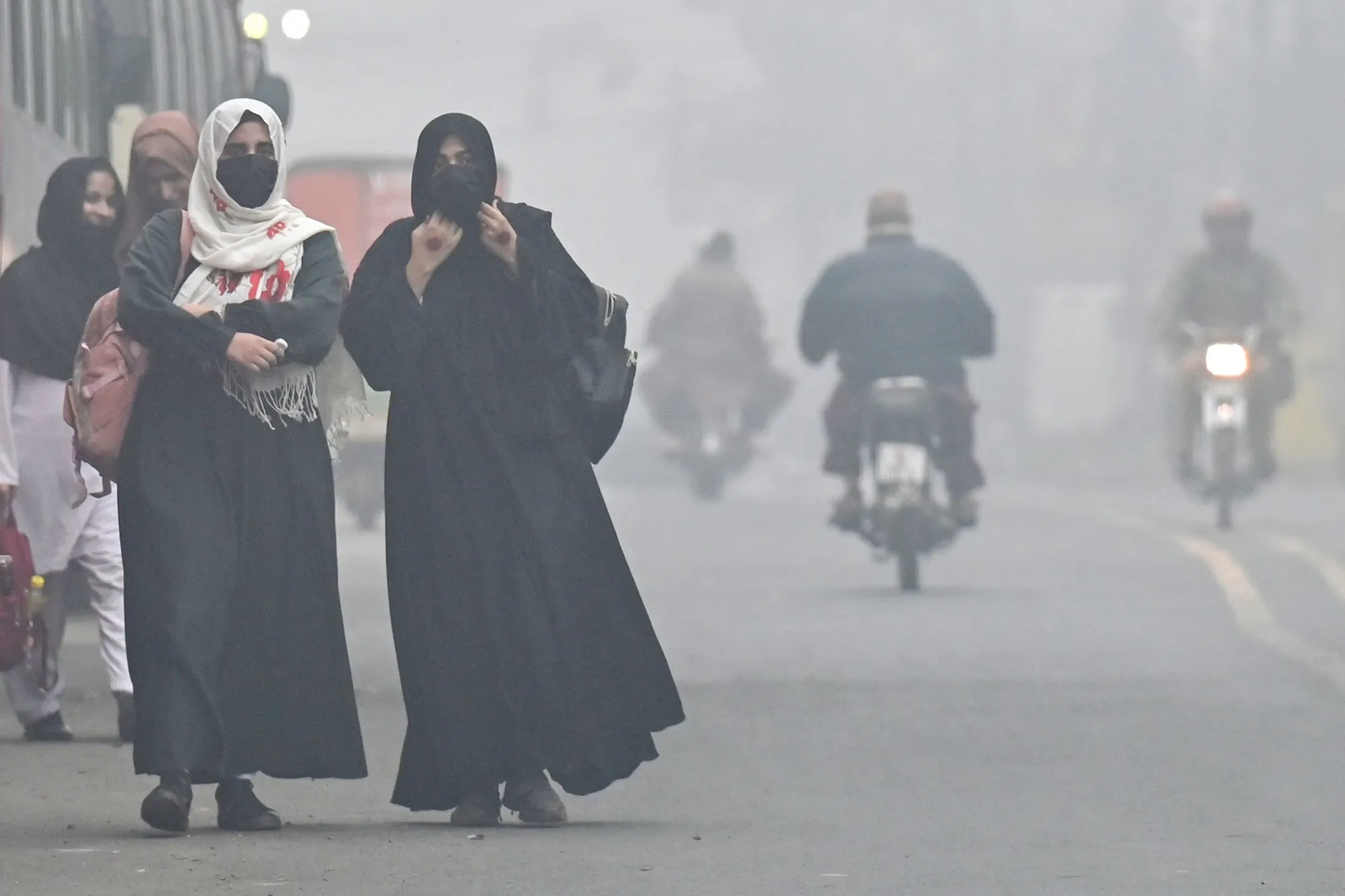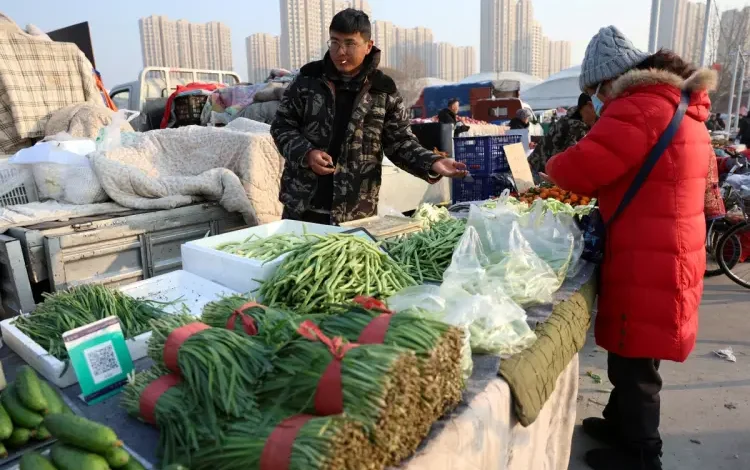China’s deflationary pressures intensified in September, as consumer inflation unexpectedly slowed and producer price deflation deepened.
This has heightened the need for stronger stimulus measures to revive domestic demand and stabilize the world’s second-largest economy.
According to the National Bureau of Statistics (NBS), the Consumer Price Index (CPI) rose by just 0.4% in September compared to a year earlier, down from a 0.6% increase in August, and missing economists’ expectations of a 0.6% rise. Meanwhile, the Producer Price Index (PPI) fell 2.8% year-on-year, marking its fastest decline in six months and worse than the 1.8% drop recorded in August.
These figures reflect the persistent deflationary pressures facing China, driven by weak domestic demand. Analysts have emphasized the need for more decisive action from Beijing to avoid deeper economic weakness. Zhiwei Zhang, Chief Economist at Pinpoint Asset Management, noted that the recent shift in fiscal policy, signaled during a Saturday press conference, could help mitigate these challenges, but stronger measures are needed.
China’s Finance Minister, Lan Foan, stated that more “counter-cyclical measures” would be introduced this year, though details on the scale and timing of these fiscal actions were not provided. Investors are now looking to an upcoming parliamentary meeting for more concrete proposals to address the economic slowdown.
In recent weeks, Chinese authorities have introduced stimulus measures aimed at boosting demand and stabilizing the property market, which has struggled for several years. The central bank’s aggressive monetary support, including mortgage rate cuts, has provided temporary relief, but economists argue that without additional fiscal intervention, deflationary pressures could persist well into next year.
The slowdown in core inflation, which excludes food and fuel prices, is also concerning. Core inflation stood at just 0.1% in September, down from 0.3% in August, further signaling weak momentum in consumer prices. For 20 consecutive months, core inflation has remained below 1%, reflecting ongoing challenges in boosting consumer confidence and spending.
Food prices rose 3.3% in September, up from 2.8% in August, while non-food prices fell 0.2%, reversing a slight uptick from the previous month. Energy prices also saw a sharper decline, and tourism prices dropped, with airfare and hotel accommodation costs declining.
Financial experts are now calling for substantial fiscal stimulus, with some predicting it could range from 1 trillion to 3 trillion yuan, while others suggest as much as 10 trillion yuan might be necessary to reflate the economy. However, until more concrete details are revealed, concerns about China’s deflationary risks are likely to persist.









